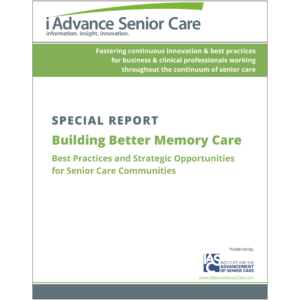Study: Bilingual skills may combat Alzheimer’s disease
Speaking a second language is good for your brain health, and mastering more than two languages can improve a person’s ability to delay the effects of Alzheimer’s disease, according to a new study published in the Proceedings of the National Academy of Sciences.
To study the effects of languages on the brain, lead researcher Dr. Daniela Perani, a professor of psychology at Vita-Salute San Raffaele University in Milan, and her team tested seniors with Alzheimer’s disease who had varying mastery of other languages. Of the 85 participants, 45 spoke two languages and 40 spoke only one.
Those who spoke multiple languages scored three to five times better on memory tests than other participants, the study found. People who were fluent in several languages retained thinking skills even when the damage from Alzheimer’s increased on brain scans.
Studying foreign languages improves short-term and long-term memory and increases “cognitive reserve,” or the ability of the brain to delay decline, the study notes. People who switch or “translate” from one language to another are actually teaching their brains to maintain specific thought pathways related to executive function.
While no number of languages can prevent Alzheimer’s, several previous studies have suggested multiple-language mastery may delay the onset of dementia by as much as five years.
So, go ahead: habla español, parler français, or huì jiǎng zhōng wén. Your brain will thank you later.

Pamela Tabar was editor-in-chief of I Advance Senior Care from 2013-2018. She has worked as a writer and editor for healthcare business media since 1998, including as News Editor of Healthcare Informatics. She has a master’s degree in journalism from Kent State University and a master’s degree in English from the University of York, England.
Related Articles
Topics: Alzheimer's/Dementia











